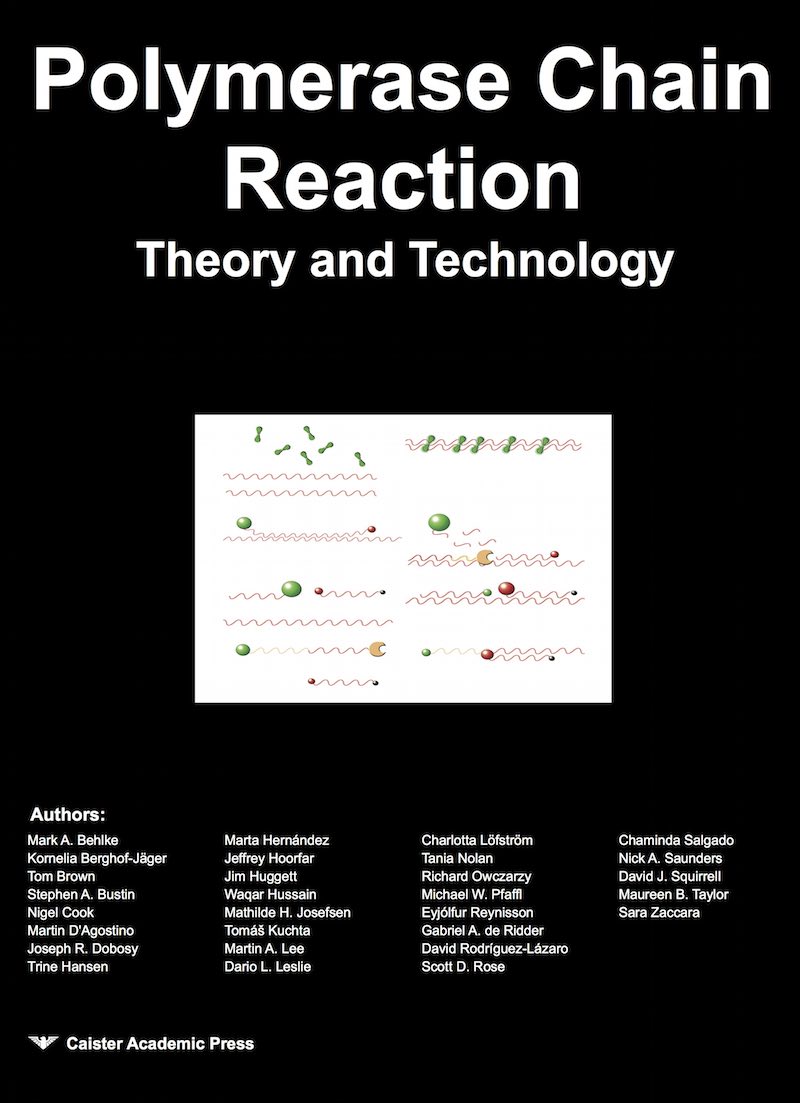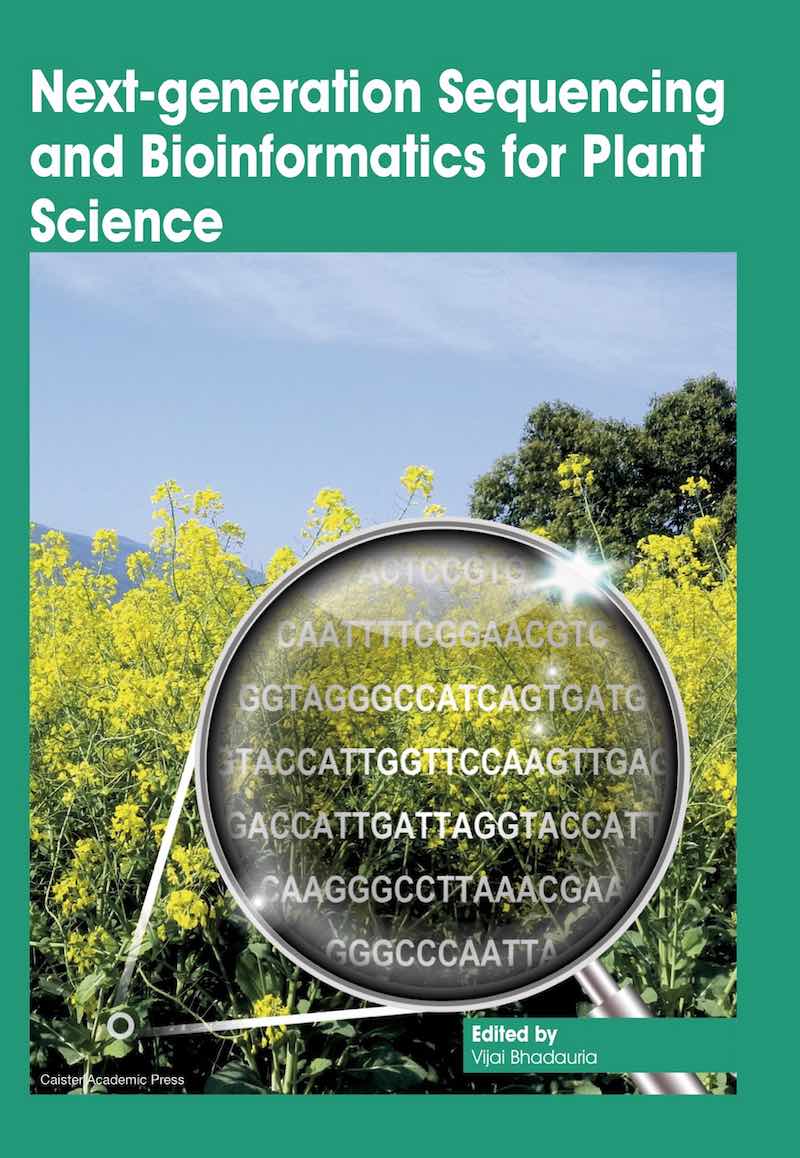Real Time PCR
Recommended reading:
Climate Change and Microbial Ecology | Polymerase Chain Reaction | SUMOylation and Ubiquitination
The introduction of novel reagents, chemistries and instrumentation platforms has modified legacy PCR to create a technology, real-time, fluorescence-based quantitative PCR (qPCR). The use of qPCR allows monitoring of the progress of a PCR reaction in real time using fluorescent reporter molecules included in the PCR. In this way parallel and immediate amplification, detection and quantification of PCR products is possible, establishing qPCR firmly as the method of choice for the detection of nucleic acids read more ...
Real Time PCR, Real Time Polymerase Chain Reaction
An Introduction to Real-Time PCR
Traditionally, PCR is performed in a tube and when the reaction is complete the products of the reaction (the amplified DNA fragments) are analysed and visualised by gel electrophoresis. However, real-time PCR permits the analysis of the products while the reaction is actually in progress. This is achieved by using various fluorescent dyes which react with the amplified product and can be measured by an instrument. This also facilitates the quantitation of the DNA. Not only can one tell instantly "what" DNA is present in the sample but also "how much". For more detailed information please see Real-Time PCR Theory ...
Real-Time PCR Machines
- Theory of Real-Time PCR Machines An introduction to real-time PCR machines and an explanation of how they work.
- Comparison of Real-Time PCR Machines Compare the pros and cons of various commercial PCR machines
- Temperature Specifications of qPCR machines Technical details
- Real-time PCR Chemistries and Detection Formats A review of the various fluorescence detection methods used in real-time PCR
Primer Design for Real-Time PCR
Strict guidelines should be observed for optimal and accurate primer design. In any PCR or real-time qPCR procedure it is important to optimise primer design and primer concentration. For more detailed information see PCR Primer Design ...See also: PCR Troubleshooting and Optimization
Further reading
- Real-Time PCR: Advanced Technologies and Applications
- Real-Time PCR in Food Science: Current Technology and Applications
- Quantitative Real-time PCR in Applied Microbiology
See also: Current PCR books



